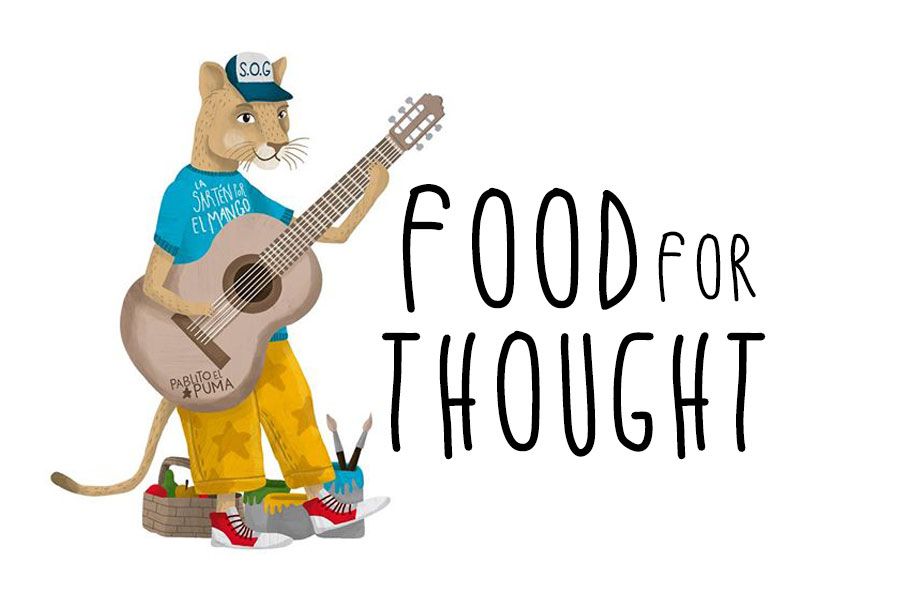I find myself thinking about traditional and non-traditional education, a lot. I am living in a country where it feels like the education system is still in the 20th century. Children are graded in every subject with a mark from 1-10. Children identify with the scores they are given in any subject. I see the damage that it is causing and the huge loss in potential brilliance that is innate in every child. For this reason, I have begun to ask a lot of questions.
I believe wholeheartedly that in almost every case the extreme is not the answer! Have a look at our political woes throughout the world at this present point. (side note: our current prime minister in New Zealand is an example for the rest of the world right now!) I’m not going to get into politics right now. Extremes don’t work. The problem is that if we have a strong view, (I think it is important to have strong views) then we defend it like a warrior. In today’s world, we are encouraged to divide into us and them. Even if we have similar views on certain subjects.
It is very difficult to listen to another person’s reasons if you are strongly opposed to their view. I find myself doing it all of the time. In a conversation, I hear something that I am opposed to, so I begin to ignore and discard everything that the other is saying. Whilst the other is talking, I’m working on my comeback. I am not listening to them. I am working on the defence of my view. So even if the other says something that we could probably both agree on, it’s in one ear and out the other. (Side note: It is something that I am trying to change in myself.)
I have a big problem with tradition. Let me explain. I love cultural practices and customs that enrichen communities and environments. What I don’t love is tradition that is continued with just because “we have always done it that way”. There are a million examples that have existed in our society and have now changed because the “we have always done it that way” argument just doesn’t stand up. Apartheid, women’s suffrage, gay marriage, the list goes on. These are also examples of when the extreme does work. The extreme view against apartheid is “absolutely no apartheid”. I feel that most people could agree with that extreme.
So, I am not vouching for the extreme in this case, but I am saying that we should at least question tradition. Another problem with us humans is that change in uncomfortable and it also takes extra energy to make it. It is just easier and less stressful to keep doing what we have traditionally been doing up until now. Try saying that to a non-voting woman in the late 19th century!!
So, where does our tradition in education come from? Before formal education began, children had to work. Obviously, we can vouch for education instead of child labour! This happened around 200 years ago. From that point, it was all about filling the kids with the information that they needed to become skilled workers. Higher standards of living came from the industrial revolution. Compulsory education was born via the state’s interest in improving living standards. The industries needed better-skilled labour, thus education for all meant that more educated, skilled workers were available.
You can see the evolution of the improvement of living standards and the need for education. I can see and justify that development. 200 years is not a long time in terms of the existence of the universe. 200 years is a long time in terms of the development of ideas! How far has technology developed in that time? Here is the question that I pose: Have our education practices developed in the same fashion? Once again, I am not against formal education. Quite the opposite. I am completely for it! What I do want to question is how we are doing it. What are the traditional practices that we continue with just because “we have always done it that way”?
